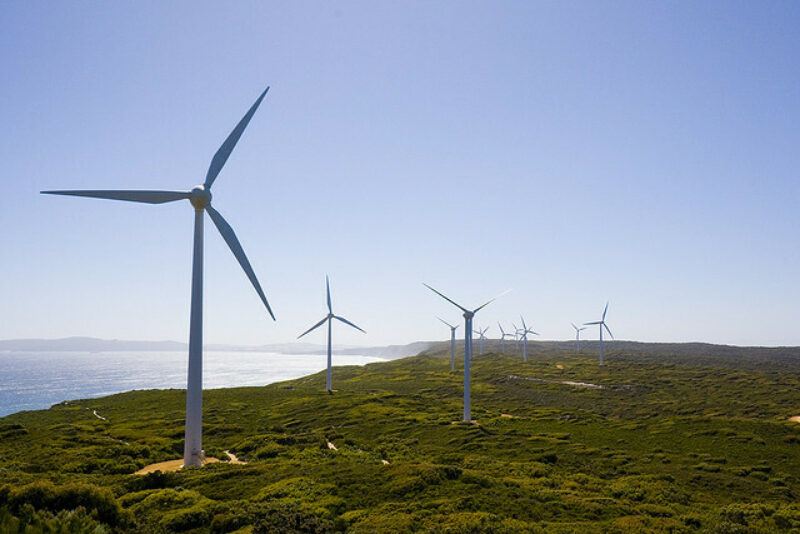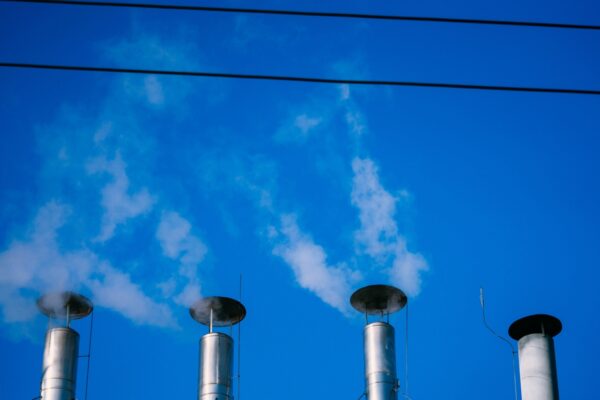Coal's rapid phase-out essential, not enough to stay below 2°C warming
A rapid phase-out of coal as an electricity source by 2050 would reduce warming by half a degree, according to the Climate Action Tracker, in an update released today ahead of the Ban Ki-moon climate summit. The Climate Action Tracker, put together by research organisations Climate Analytics, Ecofys, and the PIK Potsdam Institute, has calculated that under current Government policies, the world is on track to warm by 3.7°C by 2100
Share

The latest update looks at the effect of phasing out fossil fuels in the electricity sector. The CAT team ran a number of scenarios around phasing out fossil fuel emissions from the sector, which produces around 40% of global C02 emissions. The electricity sector needs to be decarbonised faster than other sectors, but instead is heading in the opposite direction, increasing carbon intensity and significantly driven by increased coal use, and making it one of the largest sources of recent carbon emission increases. The CAT scientists calculated that rapidly phasing out coal by 2050 would bring down warming by 0.5°C.
“There is a particular urgency for Governments to reverse recent trends in the electricity sector,especially the increasing investment in coal, in order to focus the power industry on rapid greenhouse gas emission reductions,” said Climate Analytics Director Bill Hare. “A major first step forward would be a strong political signal that the electric power sector needs to be decarbonised by 2050 – and that includes rapidly phasing out coal use.”
Under current Government policies, the CAT scenarios project emissions to exceed the 1000 gigatonne carbon budget (giving high probability of staying below 2degC of warming) by 3900 GtC02. Phasing out coal emissions from the power sector by 2050 would reduce this exceedance by around 35% (more than 1400 GtCO2).
The CAT also investigated the possible role of gas, finding that a rapid phase-out of gas would only make a difference of 0.1degC. “Our coal-to-gas scenario shows that gas would be unable, long term, to provide the reductions in the electricity sector required to stay below 2°C. Instead, development of long-lived infrastructure may actually become a major obstacle for the full decarbonisation of the electricity sector that we need,” said Dr Niklas Höhne of Ecofys. “Right now we are facing a real and present danger of a lock-in of a new energy sector infrastructure – including for gas-fired electricity generation,” said Höhne.
The CAT also found that switching from coal to gas would only achieve 25-45% of what could be obtained by the entire electricity sector switching to renewable energy. Aside from slowing warming, a rapid phase-out of coal would also bring multiple environmental and health benefits: in 2010, coal plants produced 24% of the world’s mercury emissions and causes smog and severe health problems, particularly in densely populated areas.











